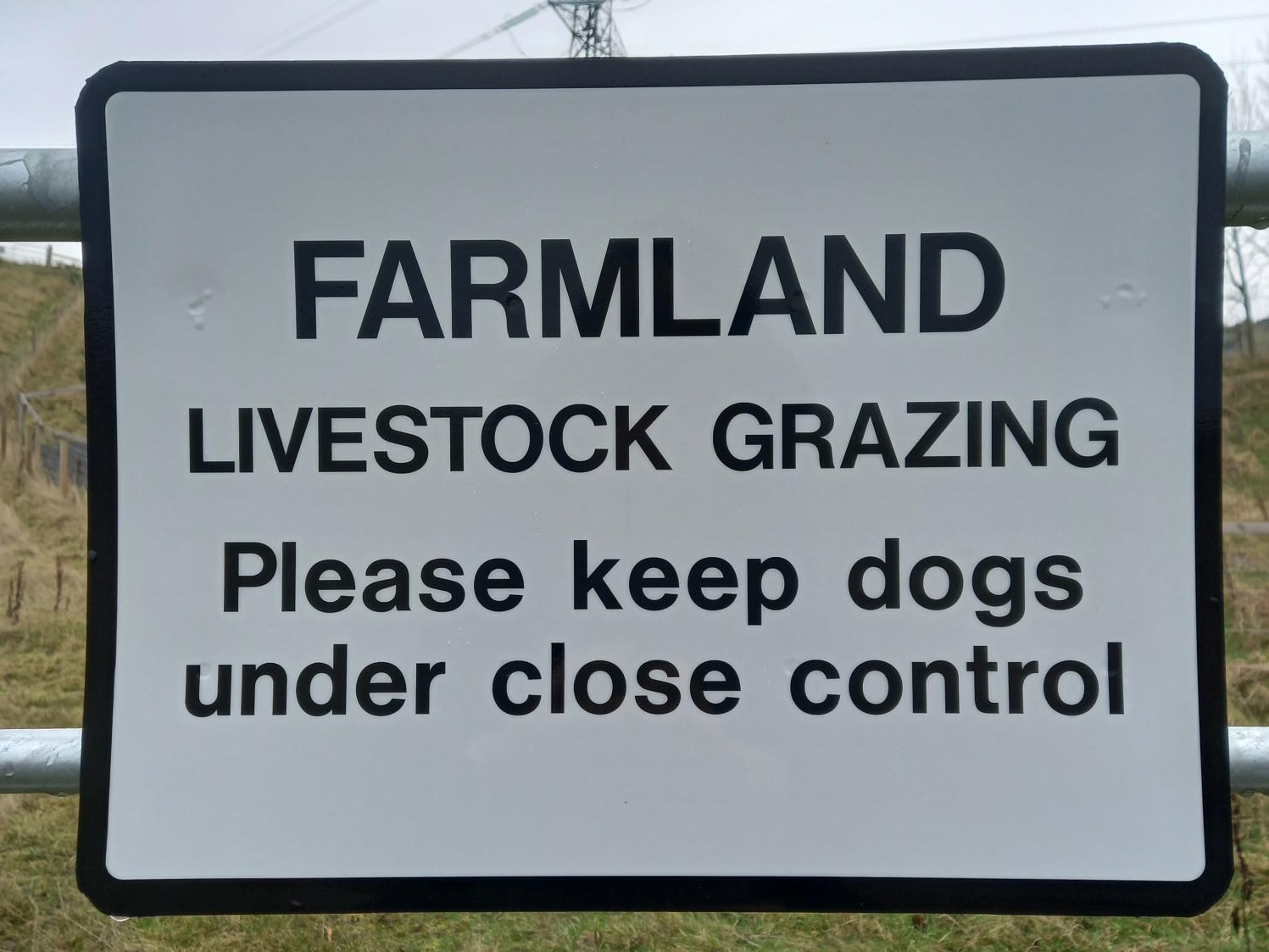Dog worrying is not a new issue but is one that lacks obvious solutions. Though the access rights under the Scottish Outdoor access code are caveated by the requirement to keep dogs under close control and avoid "disturbing sheep close to lambing time", this is open to wide interpretation and lambing season is not the only crucial time for sheep. Ewes must also be in the optimum condition for tupping in order to ensure fertility, and throughout pregnancy for colostrum production and ultimately lamb survivability. A dog attack at any time throughout the year has obvious grave impacts for livestock and financial implications for farmers, who under the Dogs (Protection of Livestock) Act 1953 have had very little recourse unless the dog was caught in the act, the incident and individual were reported to the police immediately, and the police chose to prosecute. Even then, the penalties were not sufficiently severe to deter.
However, as we enter a new lambing season, it may be reassuring to some to know that new legislation is now in force in Scotland from the 14th November 2021, implementing much more severe penalties for dog owners who allow their dogs to worry or attack livestock. The Dogs (Protection of Livestock)(Amendment)(Scotland) Act 2021 amends the 1953 Act and increases the potential penalty from £1,000 up to £40,000 and/or up to 12 months imprisonment for dog worrying incidents. The courts are also able to enforce orders disqualifying a person from keeping a dog for any period ‘as the court thinks fit’, or preventing a person from going on to land where they ought reasonably to know contains livestock. Police too now have extended powers to enter, search and seize dogs from ‘any land’, as opposed to only where the incident took place, for purposes of gathering evidence.
Whilst the enforcement of some of these more severe penalties may seem unlikely, they are clearly intended to draw the wider publics’ attention to the issue and act as a deterrent, and their introduction highlights a prioritisation of the issue. As always, awareness is key and farmers are encouraged to continue to use signage as reminders to the wider public exercising their access rights across Scotland, but also to report all incidents, regardless of severity. This is not only to ensure the accurate reporting of incident statistics following the introduction of the legislation, and therefore determining whether it has had the desired effect, but also to utilise the new evidence gathering police powers where the dog was not caught and identified at the time.
It is also important to note that ‘livestock’ has a broad definition that covers all interpretations of the word, including alpacas, horses and game birds that are kept enclosed prior to their release for sporting purposes.
Though these legislative changes will not resolve this issue overnight, it is hoped will give more support to farmers and rural landowners across Scotland, with one less Covid repercussion.
